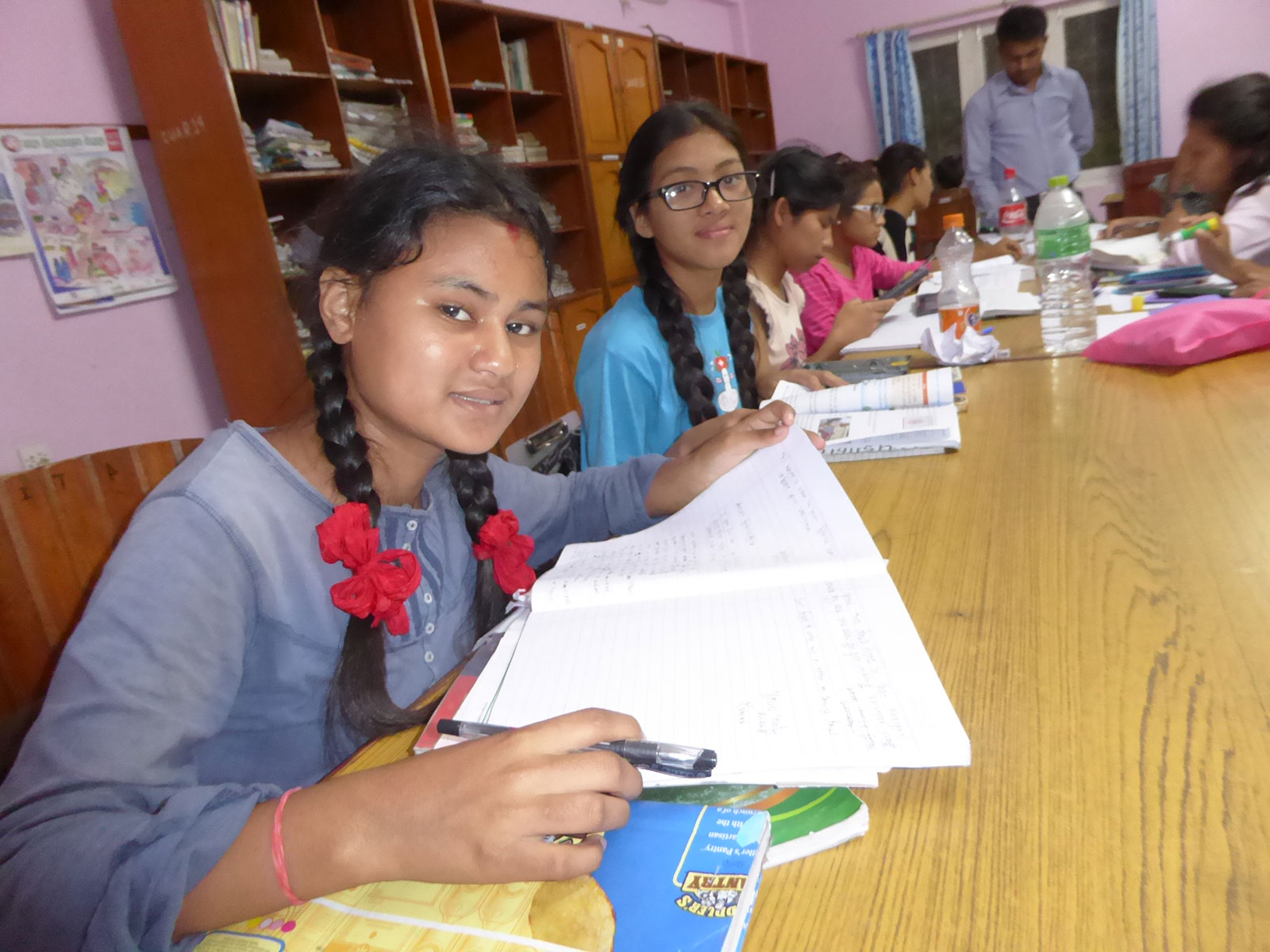These last several years we have ceased to depend on support from volunteers from abroad, as their well-meaning help has more often than not led to more problems than benefits for the underprivileged children.
In their past, most children have had traumatic experiences and therefore require a high degree of therapeutic expertise and effort to support them psychologically.
The presence of ever changing volunteers – who can only stay for short periods of time – does not most adequately help the children to deal with their past.
In addition, the government of Nepal has issued rather strict regulations for volunteers in NGOs. Complying with these regulations means a huge bureaucratic effort for the Home’s administration.
If you are traveling to Nepal, you are most welcome to visit CWA Children´s Home.
The requirements for admission of a child in the Home are that:
- the child is a complete orphan or a half-orphan
- the child is living in dangerous circumstances and that there should not exist a reasonable alternative to the child’s admission in the Children’s Home
- the CWA Manager checks and inspects the documents and executes an on-site visit to assess the circumstances
- the child undergoes a health and mental check-up
- the Local Government, the District Child Welfare Board and the District Administration Office approve off the admission
- both the Board of Management CWA Pokhara and CWA Switzerland approve the admission
Required Documents:
- Request from relatives of the child (if available)
- Birth certificate and photo of the child
- Death certificate of parents or confirmation of their ‘missing’ status
- Application for admission from local authorities.
For an admission to be successful the results of the ‘Field Visit’ are particularly important. When visiting the child’s home village, initially the manager of the CWA Children’s Home stays incognito. By staying incognito, it is often easier to obtain background information about the family and its relatives, their financial circumstances and their land ownership.
The children get up at 06:00hrs in the morning. After making their beds and washing themselves, each child has to do small daily chores like sweeping their room, sweeping the study room, cleaning the bathroom, watering the flowers, cleaning the meeting room, sorting out games, etc.
At 07.00 hrs breakfast is served, followed by play time and, when necessary, for the older children extra homework or reading time.
At 08.30 hrs ‘Dal Bhat’ (Nepali national dish of rice with lentil soup and vegetables), is served, followed by teeth brushing and changing into school uniforms.
Around 09.30 hrs the school bus arrives to take the children to school. The bus returns them at 16:30 hrs. At school the children are served a small lunch.
Following afternoon tea, there is time to play until at 17:30 hrs the homework class starts.
The Junior ones go to bed at 20.30 hrs. Older children have to be in bed at 22:00 hrs at the latest.
Nepal has about 29 million inhabitants and is among the poorest countries in the world. Life expectancy in Nepal is 67 years. The per capita income is around 440 USD per year. The literacy rate is about 58 %.
More than half of the population lives under the poverty line. About 40 % have no access to clean drinking water. Half of the children are undernourished. Since many children under the age of 15 have to work to secure the subsistence of the family, only one in three children regularly attend school.
Dirty drinking water, lack of hygiene and the smoke of open fire places are the main causes of disease. Over 60 % of the population suffers from parasitic infections. Tuberculosis and leprosy are also widespread.
For more information about Nepal, you can find some links here.

